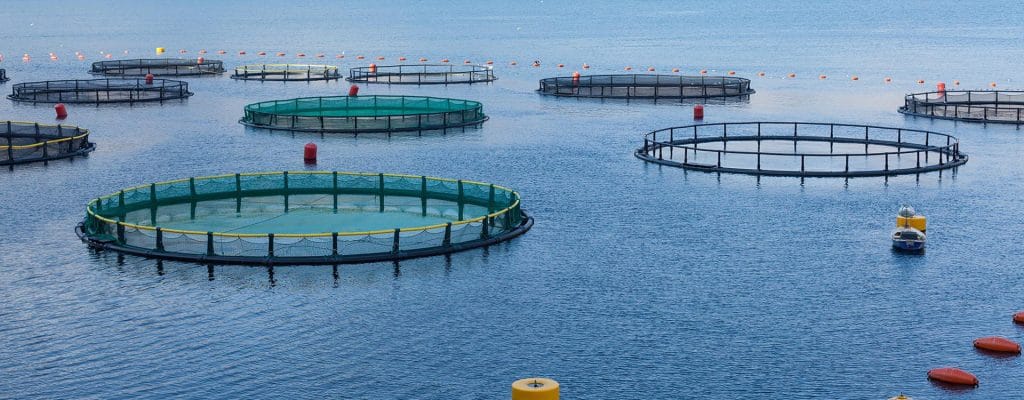Zimbabwe is poised to unlock the potential of its fisheries sector with the introduction of its first Fisheries and Aquaculture Bill, a move expected to drive the industry toward a projected \$1 billion valuation.
Developed under the FISH4ACP programme, an international initiative supporting sustainable aquatic value chains, the draft legislation sets a solid legal framework to regulate the industry, encourage responsible practices, and attract new investments.
The bill is the result of wide-ranging consultations led by the Food and Agriculture Organisation (FAO) of the United Nations, in collaboration with the Organisation of African, Caribbean and Pacific States (OACPS). Financial backing came from the European Union and Germany’s Federal Ministry for Economic Cooperation and Development.
“This bill is transformative,” said Milton Makumbe, Director of the Fisheries and Aquaculture Resources Department. “It streamlines regulation and supports sustainable growth, paving the way for greater economic development, food security, and job creation.”
A 2022 value chain analysis by FISH4ACP had identified regulatory reform as crucial for expanding Zimbabwe’s aquaculture sector, which currently produces \$22 million in value annually. The bill is seen as a springboard for growth, targeting annual production of 14,000 tonnes of farmed tilapia by 2032.
EU Ambassador to Zimbabwe, Jobst von Kirchmann, praised the country’s progress, noting advancements in both policy and infrastructure, including the establishment of breeding centres and fingerling hubs. “These developments support a resilient, inclusive fish value chain that can deliver real economic and social benefits,” he said.
The legislation aligns with Zimbabwe’s broader efforts to tackle food insecurity and malnutrition while creating sustainable employment, particularly for women and young people.



